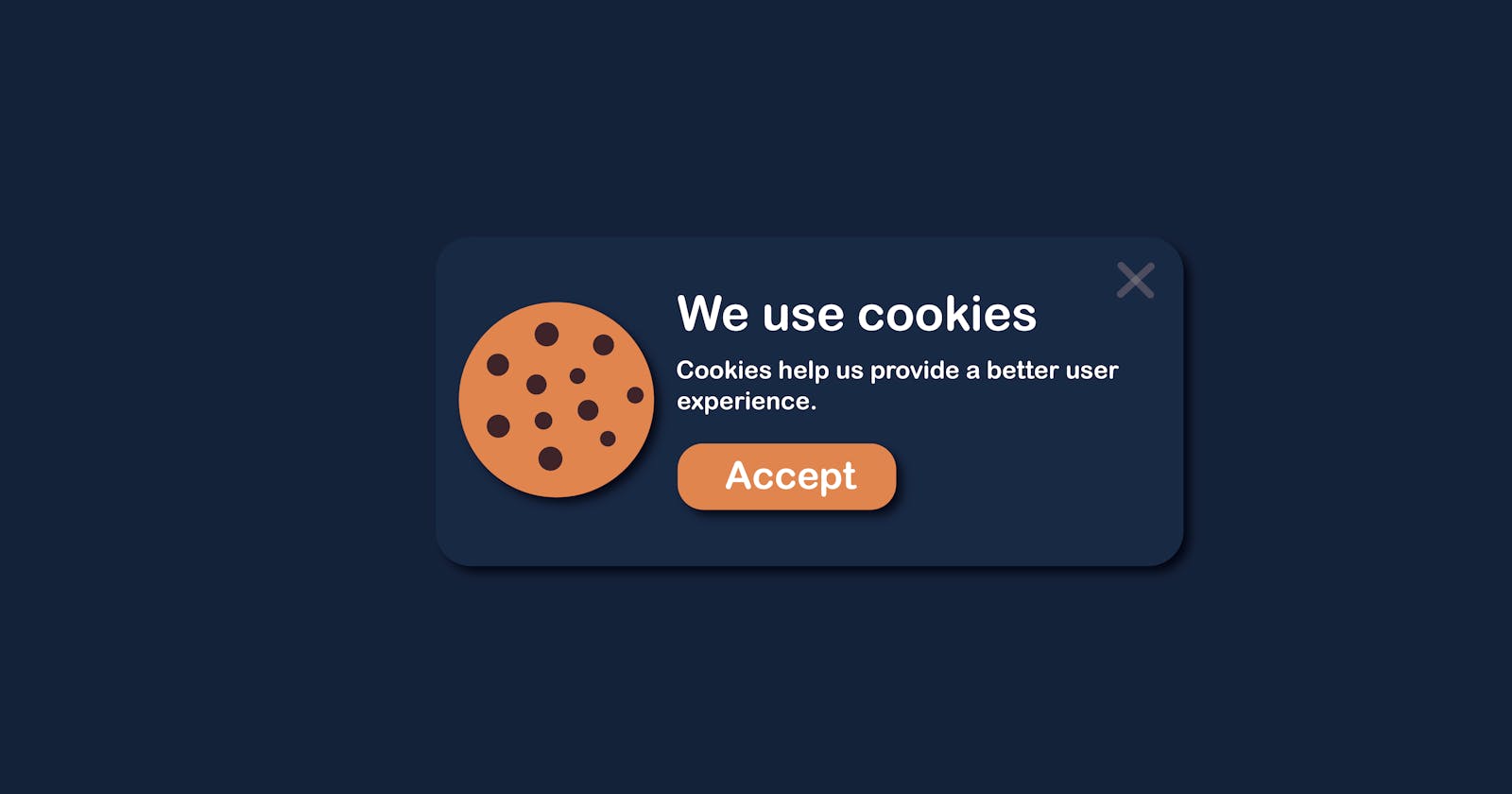What are Cookies?
Cookies are small data files containing information that identifies a user’s session on a website. Web browsers attach the appropriate cookies to any future requests the user makes to the web server.
Cookies help websites provide a more personalized experience by gathering information about users. As an example, when a user adds items to their shopping cart, the session cookie remembers their selection and saves the items until they are ready to purchase.
Where the cookies are stored?
Web browsers store cookies locally in the specified file. In the google chrome browser, all cookies are stored in a file called ‘cookies’, to view cookies in chrome, open the developer tools, click the application ‘tab’, then click, ‘Cookies’ on the left side menu.
What are the types of cookies?
Cookies can come in a variety of types, including:
Session Cookies:
Session cookies, which are also known as Temporary cookies, they are used by websites to recognize visitors and their browsing data. Session cookies keep information about user activities for the duration of the user’s visit to the websites. Upon closing a web browser, cookies are deleted. The most common use of these is on e-commerce sites.
Permanent Cookies:
Permanent cookies also known as persistent cookies, these cookies are stored in the user’s browser for a predetermined period of time, which could last a day, a week, a few months, or even a year. All these cookies have an expiration date, they should be deleted at.
First-party Cookies:
First-party cookies connect the user to a website. They collect some personal information, remember language settings, and perform other useful functions that provide a good and friendly user experience.
Third-party Cookies:
Third-party Cookies are installed by a different domain that the users have visited, their usage is to track users between websites to collect analytics data about them. They are commonly used by advertisers who want to ensure that products and services are marketed toward the right audience.
Super Cookies:
Super Cookies or flash cookies are separated from the web browser. Typically, they are injected permanently between the computer and server, the user cannot delete them because they aren’t stored on his device.
Zombie Cookies:
Zombie cookies the name refers to them, they are automatically generated after they have been deleted by the user. This means they are difficult to detect or manage, those cookies are often used to prevent users from cheating in online games, but they can also be used to install malicious software onto a user’s device.
Cookies and privacy:
Cookies in their original state are secure because the data they contain does not change. So, infecting a computer with viruses or malware is not possible with them. However, some cyberattacks can hijack cookies and enable access to your browsing session. Therefore they are dangerous because they track individuals browsing histories.

